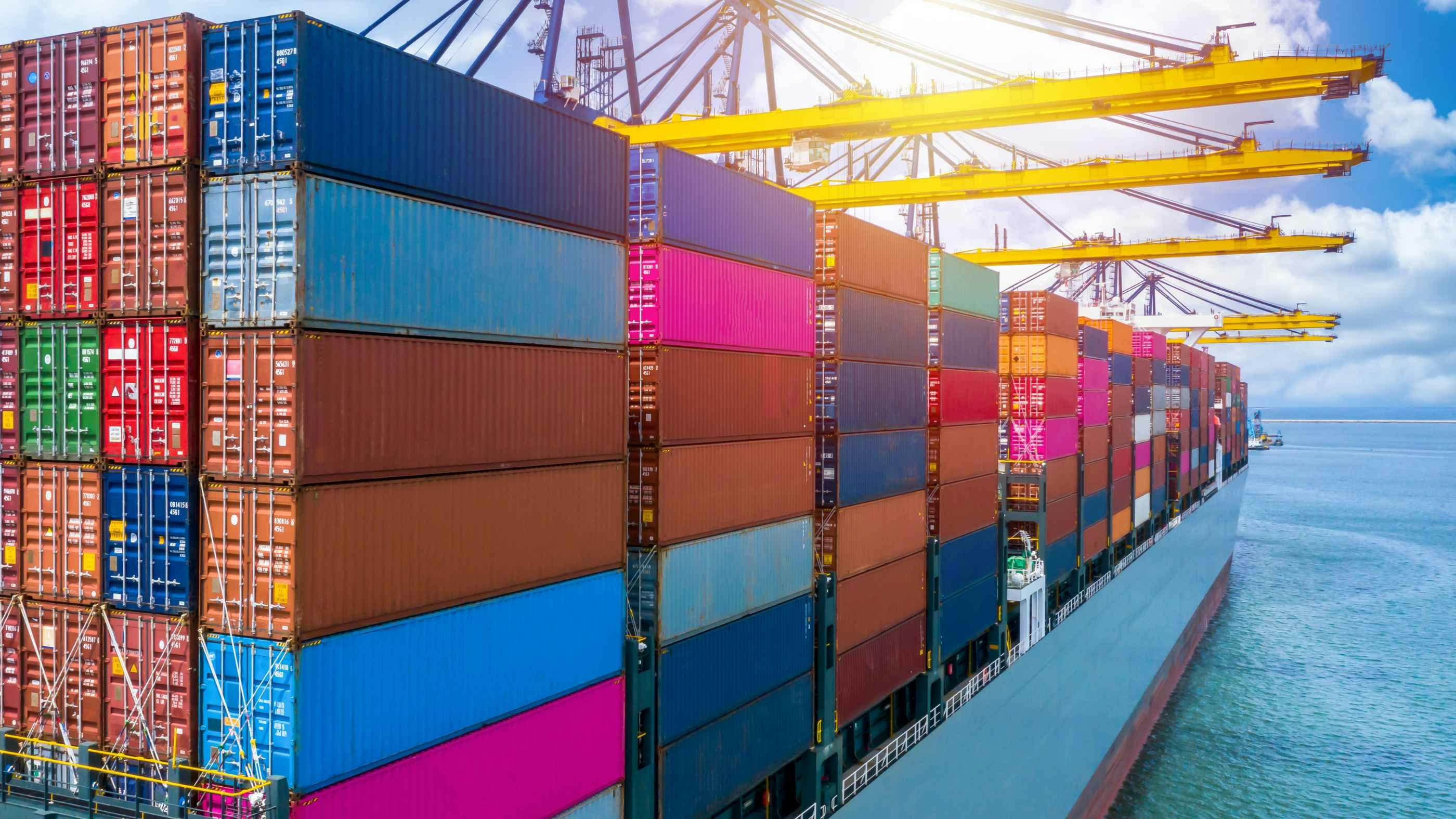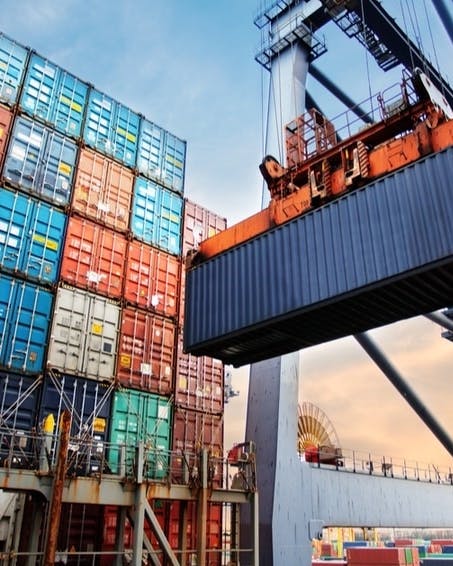About our standards
A common framework for the whole industry

DCSA develops standards to establish a common framework within the container shipping industry. These standards promote interoperability and efficiency, facilitating seamless communication and collaboration among various stakeholders. By setting industry-wide benchmarks, DCSA aims to enhance operational transparency, reduce complexities, and drive innovation, ultimately benefiting the entire supply chain ecosystem.
Created together with the industry
Our standards are collaboratively created with nine of the largest container shipping companies, and other industry leaders who validate, align and agree them.
Ocean carriers that have implemented our standards

Establishing standards with the input of 100+ experts
DCSA collaborates closely with Subject Matter Experts (SMEs) from the nine largest ocean carriers, as well as professionals from ports, terminals, banks, solution providers, and other industry experts. Our daily interactions with SMEs contribute to the development of thoroughly discussed and reviewed standards, ensuring alignment with real-world examples. Annually, we host DCSA Week, bringing together over 100 experts to address collective challenges that significantly impact the container shipping industry. Through this diverse collaboration, DCSA aims to create guidelines that not only benefit but also elevate the entire industry.

The interoperability of DCSA standards
The interoperability of DCSA standards across borders, modes of transportation, and other industries is assured by basing them on and aligning them with established international standards, including those of the International Maritime Organization (IMO), the International Standards Organisation (ISO), and the United Nations Centre for Trade Facilitation and Electronic Business (UN/CEFACT). We also collaborate with private sector organisations on standards alignment, notably through the Future of International Trade (FIT) Alliance.


We're establishing standards for a common technology foundation that enables global collaboration to make user-friendly, flexible, efficient, reliable and environmentally friendly.
Implement our standards
Access our Developer Portal for comprehensive documentation that aids in the seamless implementation of our standards.
Quick links
Collaborate with us
Contributing feedback to DCSA standards fosters collective improvement and ensures relevance within the industry.

Give feedback
To share your feedback, please complete our designated feedback form. Specify the standard you're addressing and detail your suggestions or additions.
